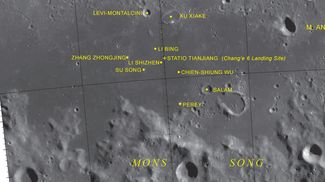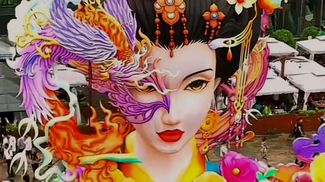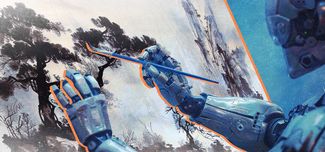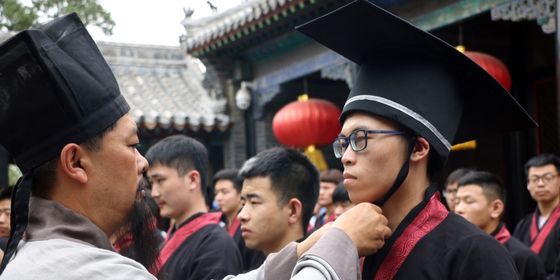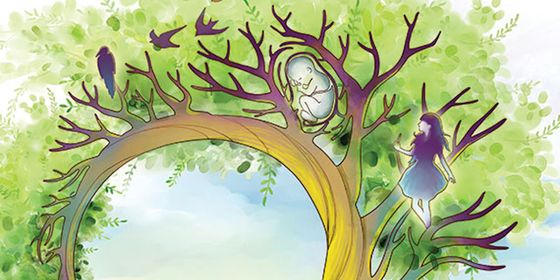The most down-to-earth character of them all
During the Han dynasty (206 BCE – 220 CE), a thief stole a jade ring from a temple honoring Emperor Gaozu, the dynasty’s founder. Zhang Shizhi (张释之), a chamberlain for law enforcement renowned for his fairness and adherence to the law, tracked down the criminal and executed him. But this earned the ire of the Emperor Wen, who felt that the thief’s whole family should be executed and their property confiscated for this grave offense against his ancestor.
In response, Zhang took off his hat to signal that he was resigning from his post, saying, “If we exterminate a whole family for one person stealing, how would you punish someone who dug out a handful of yellow dust from Emperor Gaozu’s tomb?” This story, which was recorded in the Records of the Grand Historian (《史记》) by Sima Qian (司马迁) in the first century BCE, gave rise to the idiom 一抔黄土 (yì póu huángtǔ, a handful of yellow dust), which refers to an insignificant force.
Ever since its first appearance, the character 土 (tǔ) has been connected with dust, soil, or land. The character’s earliest form appeared in oracle bone script, as the image of a mound rising from the ground. The character took its current form as early as the Qin dynasty (221 – 206 BCE) in seal script. The ancient Analytical Dictionary of Chinese Characters (《说文解字》) defines 土 as “the soils that gave birth to everything.” The philosopher Xunzi (荀子), who lived in the third century BCE, is credited with inventing the idiom 积土成山,风雨兴焉 (jītǔ chéngshān, fēngyǔ xīng yān, the accumulation of soil makes mountains, where wind and rain prosper) to encourage people to persevere in their studies.
When 土 and 地 (dì, “the earth”) combined, it became 土地 (tǔdì), meaning “land.” The character could also be used figuratively to refer to one’s homeland, which is 乡土 (xiāngtǔ), 故土 (gùtǔ), or 本土 (běntǔ). Extended even further, there is 国土 (guótǔ), which refers to a country’s territory. Confucius is credited with the saying 君子怀德,小人怀土 (jūnzǐ huái dé, xiǎorén huái tǔ), which means “the superior man thinks of virtue, the small man thinks of his homeland.”
Create a free account to keep reading up to 10 free articles each month
On the Character: 土 is a story from our issue, “Promised Land.” To read the entire issue, become a subscriber and receive the full magazine.

